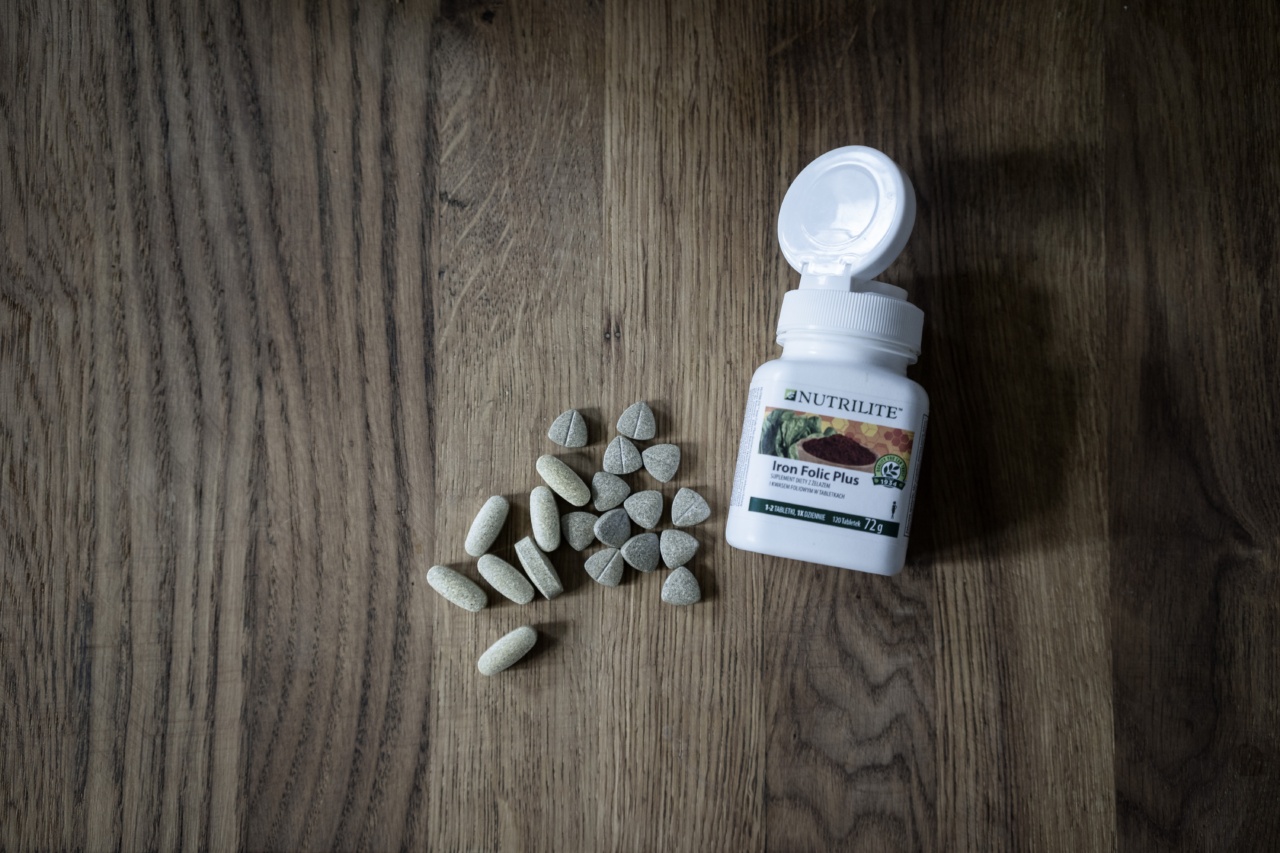Vitamin K is a vital nutrient that plays a critical role in our overall health and well-being. It has long been recognized for its crucial role in blood clotting, but its benefits extend far beyond that.
Research indicates that Vitamin K also contributes to disease prevention in several ways, making it an essential component of a healthy diet. In this article, we will explore the various ways in which Vitamin K contributes to disease prevention and its importance for maintaining a healthy body.
1. Blood Clotting
One of the primary functions of Vitamin K is its role in blood clotting. When you get a cut or an injury, your body needs to form a clot to prevent excessive bleeding.
Vitamin K is necessary for the activation of proteins that are responsible for blood clot formation. Without sufficient Vitamin K, your blood would have difficulty clotting, leading to increased bleeding and delayed wound healing.
2. Bone Health
Vitamin K is not only essential for blood clotting but also plays a crucial role in maintaining strong and healthy bones. It helps activate a protein called osteocalcin, which is necessary for the mineralization of bones.
Without sufficient Vitamin K, the body may experience impaired bone mineralization, leading to weakened bones and an increased risk of fractures and osteoporosis.
3. Heart Health
Emerging evidence suggests that Vitamin K may also contribute to heart health and reduce the risk of cardiovascular diseases.
Research shows that Vitamin K helps prevent the calcification of arteries, which can lead to atherosclerosis and increase the risk of heart attacks and strokes. By inhibiting arterial calcification, Vitamin K helps maintain the elasticity of blood vessels, promoting healthy blood flow and reducing the risk of cardiovascular complications.
4. Cancer Prevention
Vitamin K has shown potential in cancer prevention, particularly in the realm of colon and liver cancers.
Certain studies have found that Vitamin K can inhibit the growth and proliferation of cancer cells, as well as induce apoptosis (programmed cell death) in cancer cells. While further research is needed to fully understand the mechanisms and potential therapeutic applications, including Vitamin K-rich foods in your diet may contribute to reducing the risk of certain cancers.
5. Brain Health
Studies have also suggested a potential link between Vitamin K and brain health. Vitamin K has been found to support the production of sphingolipids, a type of lipid that plays a crucial role in the maintenance of brain function and structure.
Adequate Vitamin K levels may help protect against age-related cognitive decline and neurodegenerative diseases such as Alzheimer’s disease.
6. Immune System Support
Vitamin K supports the immune system by activating proteins that are involved in the regulation and modulation of immune responses. It helps in preventing excessive inflammation and promotes optimal immune function.
By maintaining proper Vitamin K levels, you can support your body’s defense against infections, autoimmune diseases, and other immune-related disorders.
7. Antioxidant Properties
Vitamin K has antioxidant properties that help protect cells from oxidative damage caused by harmful free radicals.
This antioxidant activity contributes to overall cellular health and may play a role in preventing chronic diseases associated with oxidative stress, such as cardiovascular diseases, cancer, and neurodegenerative disorders.
8. Eye Health
Recent studies have shown that Vitamin K may play a role in maintaining optimal eye health.
Vitamin K-dependent proteins have been identified in the retina and are believed to be involved in protecting the eyes against oxidative stress, inflammation, and degenerative conditions such as age-related macular degeneration. Including Vitamin K-rich foods in your diet may help support your eye health and protect against age-related vision problems.
9. Nutritional Sources of Vitamin K
Vitamin K is found in a variety of foods, both plant-based and animal-based.
The two main forms of Vitamin K are Vitamin K1 (phylloquinone), found in leafy green vegetables such as kale, spinach, and broccoli, and Vitamin K2 (menaquinone), which is produced by bacteria in the intestines and found in fermented foods like natto and certain cheeses. Other sources of Vitamin K include liver, eggs, meat, and some vegetable oils.
10. Conclusion
Vitamin K is an essential nutrient that contributes to disease prevention and overall health in numerous ways.
It plays a crucial role in blood clotting, bone health, heart health, cancer prevention, brain health, immune system support, antioxidant activity, and eye health. Including Vitamin K-rich foods in your diet can help ensure that you maintain sufficient levels of this vital nutrient.
By understanding the importance of Vitamin K and incorporating it into our lifestyle, we can support our body’s defense against various diseases and maintain optimal health.






























